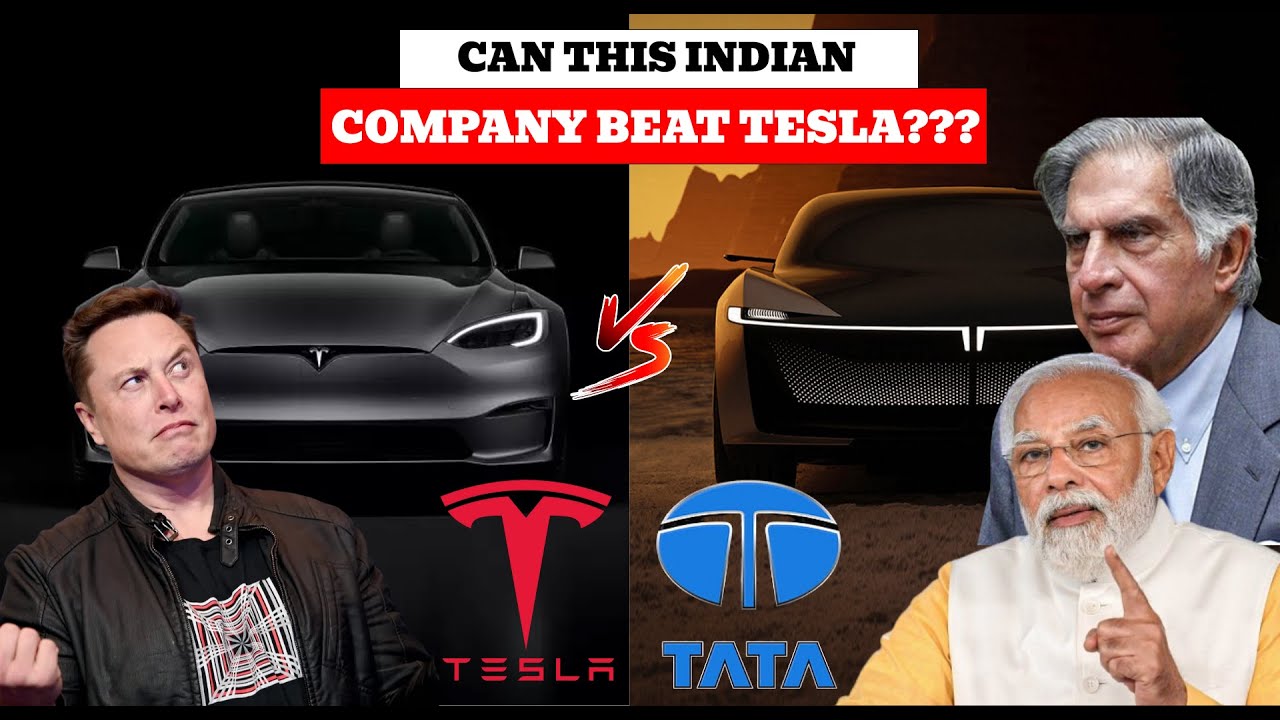Concerns have been raised by indigenous automobile manufacturers, most notably Tata Motors, in response to the recent statement made by the Indian government on a new policy for electric vehicles (EVs). In particular, the policy includes a provision for decreased customs tax for global EV manufacturers such as Tesla. In spite of the fact that the strategy is designed to entice well-known electric vehicle manufacturers to set up production facilities in India, it also raises concerns over the possibility of rivalry and the consequent effects it may have on domestic companies. The Make in India project provides businesses with the option to import a considerable number of electric cars each year, allowing them to take advantage of a significantly reduced customs tax rate of 15%.
This opportunity is available to businesses who choose to participate in the effort. There is the possibility of carrying over yearly import limits that have not been used, as stated in the policy document. Tata Motors, a significant participant in the market for electric vehicles, is notably impacted by the plan, which is intended to lure international manufacturers to establish operations in India. The policy has sparked a controversy regarding the possible bad consequences that it may have on indigenous enterprises.
Can Tata Motors dominance in the EV Sector get Crashed?
All the views and opinions expressed are those of the author. Image Credit – Gadget Any.
About the Author
Soummya Chowdhury is a doctoral candidate in Marketing Communications in retail domain inculcating AI at Banaras Hindu University. He completed Master of Commerce (M.Com) in Marketing and International Business from Banaras Hindu University and Bachelor of Commerce (B.Com) in Accounting and Finance from Goenka College of Commerce & Business Administration. He completed CA Intermediate from the Institute of Chartered Accountants of India.



